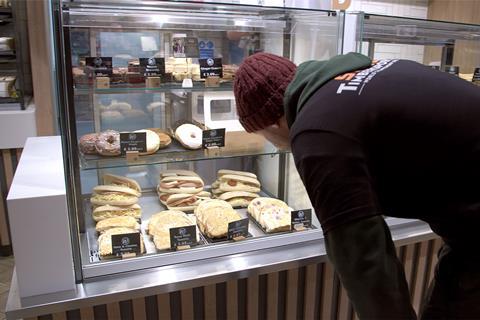
Equipment supplier Fri-Jado has upgraded its Deli Counter (DC) and Modular Convenience Counter (MCC) with new self-cleaning condensers.
The technology, according to the firm, reduces the need to clean the condenser as often and helps increase operational safety and security.
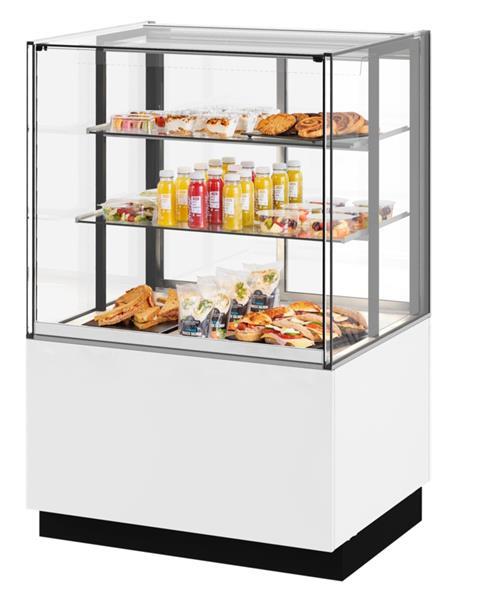
All chilled cabinets feature a condenser in which refrigerant gas is cooled. This unit condenses the cooled refrigerant into a liquid to chill the storage and display areas of the cabinet, before repeating the cycle. This tried and tested technology has functioned for many years, but within just a few days of operation, even in brand-new machines, dust build-up can collect within the unit, Fri-Jado noted. This can inhibit optimum performance and require regular cleaning alongside and a planned schedule of preventative maintenance, and potential downtime inefficiencies, it added.
However, the self-cleaning condensers in the new range features a special motor and control unit which reverses during regular defrost cycles blowing air back over the condenser and helping clear it of the dust which can adversely impact performance. This, Fri-Jado claimed, helps customers by eliminating the need to manually clean the condenser as often, meaning that both the DC and MCC units function more efficiently and consume less energy than if it were clogged with dust.
Alongside these benefits, both the MCC and Deli Counter ranges continue to offer Fri-Jado’s ‘best in class’ internal visibility, which is designed to showcase more of the food, as well as letting operators stock and display the food inside in the best possible condition.
“The self-cleaning condenser installed in our all-new units offers more than just enhanced performance and optimised energy consumption, it offers true peace of mind to users,” said Gary Thacker, sales director of Fri-Jado UK.
“Once installed, both our new DC and MCC units will keep on doing their job day in, day out with minimal intervention from users. Not only will you have reduced engineer visits, but energy consumption will decrease – along with a reduction in energy costs – and staff can concentrate instead on keeping the unit well-stocked and selling more to hungry customers.”




















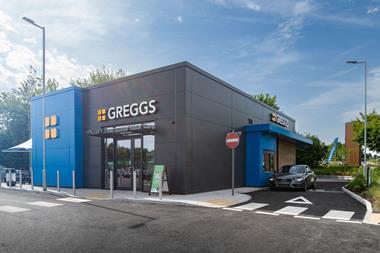
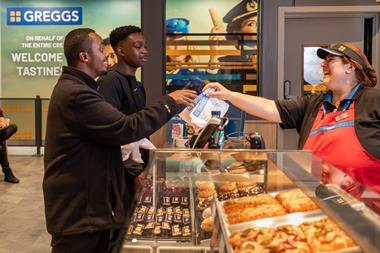


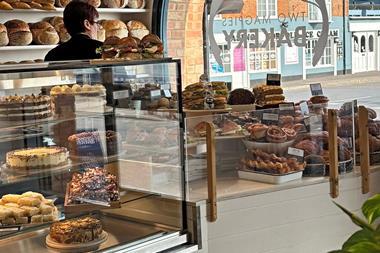
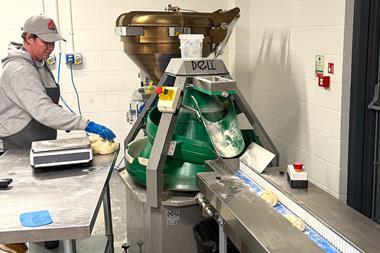
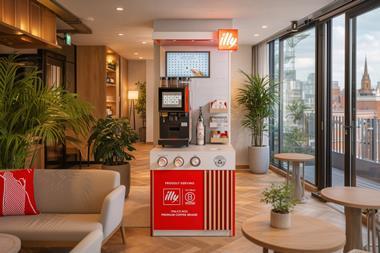

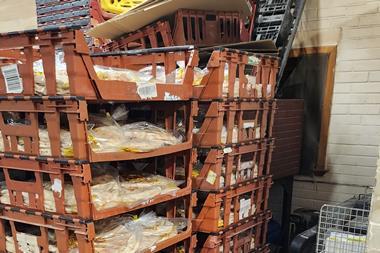
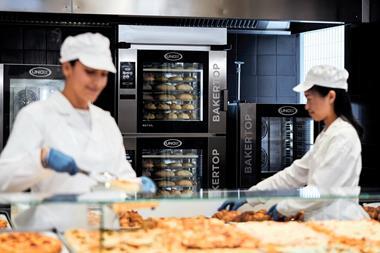
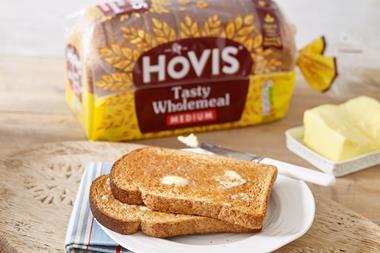

No comments yet